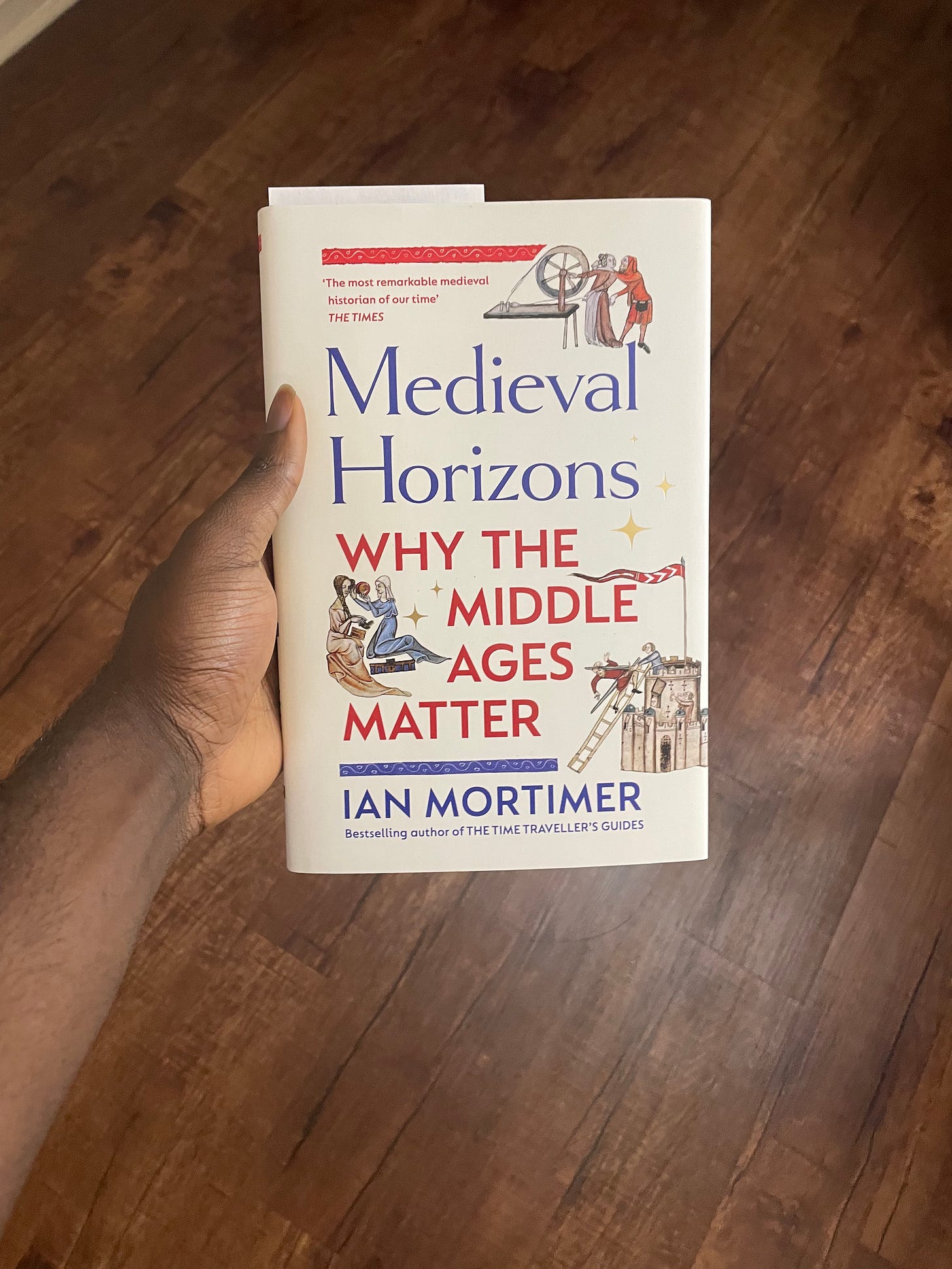Check out my latest AI newsletter.
Watch my latest video essay: Sacrifice, Explained.
[Talking🗣️points for your next outing📍]
🏢US Office Vacancies Rise to Highest Levels in Four Decades
🦟Cape Verde becomes fourth African country to eliminate malaria.
💰The World’s 5 richest people doubled their wealth to $869 billion since 2020.
🧬FDA approves gene editing.
👚Tesla Optimus Bot Folds Laundry.
🛒Walmart’s new GenAI search tech.
✖️Peer-to-peer payments coming to X/Twitter.
🍲Eating breakfast after 9AM, and eating dinner after 9PM is associated with higher risk of cardiovascular outcomes.
[Long Read 📰 / Video 🎥]
[I]: How to Rest.
What is Rest? What activities constitute rest? This Atlantic podcast did justice to the subject.
[II]: AI Doom.
About a year ago I shared the talk A.I. Dilemma on this newsletter. In the talk Tristan Harris and Aza Raskin “discuss how existing A.I. capabilities already pose catastrophic risks to a functional society, how A.I. companies are caught in a race to deploy as quickly as possible without adequate safety measures, and what it would mean to upgrade our institutions to a post-A.I. world.”
Last month, the duo had a conversation with Joe Rogan that is worth listening to.
[III]: 2023 Netflix Data.
What Was Watched on Netflix in 2023? A Statistical Analysis by Daniel Parris
An investigation into Netflix viewership activity in 2023.
[IV]: The Innovation Menagerie.
Nice paper on innovation in early-stage research and institutional structures. Here, Sam discusses the challenges faced by academia in funding and coordination, which limit the scope and impact of academic research. It explores new institutional structures and funding strategies, including philanthropy and government initiatives, aimed at enhancing early-stage scientific discovery and innovation. The new approaches address the constraints of traditional project-specific grants and seek to support more disruptive and riskier scientific ideas.
[V]: On Life Expectancy
“In recent decades, we’ve seen more improvement at older ages than many people realise. Cardiovascular diseases, cancers, infections and a range of other causes are becoming less deadly.”
[VI]: The Year AI Gets a Better Body
The evolution of AI hardware in 2024. This article highlights how AI is transitioning from traditional devices like laptops and phones to more innovative devices. It describes new products like Humane's "AI Pin" and Rewind's "Pendant," which integrate AI in more user-friendly and interactive ways, moving beyond the constraints of existing hardware.
[What I am Reading 📚]



